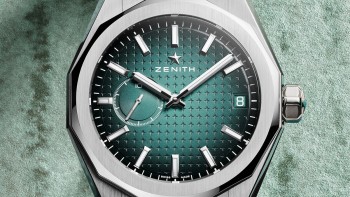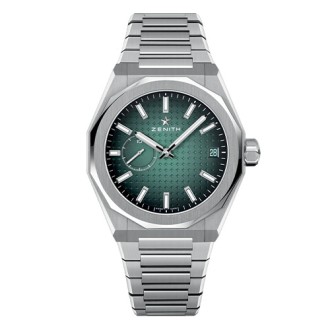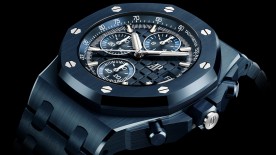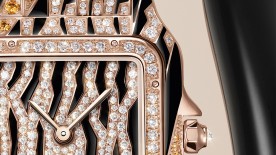The meeting was scheduled for 26 June near the Opéra Garnier, in the heart of Paris. Recently, the city has been oscillating between extremes. On one hand, a brief heatwave has dampened the usual Parisian frenzy. On the other, there’s a palpable excitement as the city puts the finishing touches to its preparations for hosting the Olympic Games, set to begin exactly one month later, on 26 July.
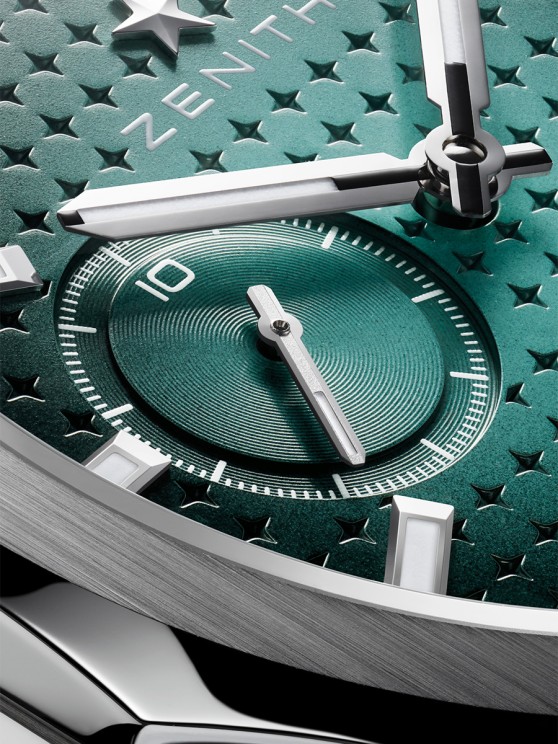
One might assume it was this imminent event that inspired Zenith to create a limited-edition Defy Skyline for Paris. But Zenith CEO Benoît de Clerck dismisses the notion: “Not really. France has always been a key market for us. Earlier today I visited one of our retailers [Jean Lassaussois of Les Montres], who has been selling Zenith since 1980. That’s nearly 45 years, which perfectly illustrates the loyalty of our local customers. These 50 Defy Skyline pieces are primarily for them.”
While Benoît de Clerck intends to build on this long-standing history, he’s also keen to make his mark. His predecessors include industry heavyweights like Jean-Frédéric Dufour (now CEO of Rolex) and Julien Tornare (now CEO of TAG Heuer), who successfully repositioned Zenith at the forefront of watchmaking. The current CEO now aims to “get the sleeping beauty that Julien Tornare magnificently awakened back on her feet.”
This evocative image leaves room for interpretation. When pressed about his short and medium-term plans, de Clerck seems constrained by two factors. First, he’s still finding his feet, having taken up the position just six months ago, on 3 January. Second, the watch industry – indeed, the global economy as a whole – is facing significant challenges. “We’re seeing disruptions in Europe due to the war being fought barely three hours away, election uncertainty in the United States, France and Taiwan, and a slowdown in the Chinese market,” he explains.
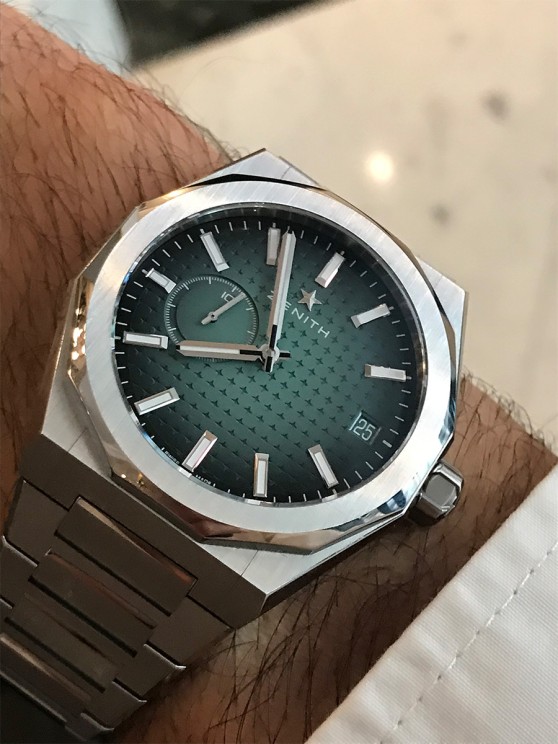
Despite these headwinds, Zenith appears to be holding steady. Building on Julien Tornare’s efforts to streamline their retailer network, de Clerck plans to “continue in this direction. We aim to have fewer partners but work with them more closely.”
E-commerce currently accounts for an estimated 2% to 4% of sales “with seasonal fluctuations”. While this aligns with industry norms, there are no immediate plans for significant expansion in this area.
Ultimately, Zenith’s strength lies in its desirability. “People buy a Zenith for the emotion it evokes,” Benoît de Clerck emphasises. “It’s not an investment piece to be locked away in a safe. It’s a watch to be worn. You bought it because you tried it on and you chose it. This explains our high proportion of repeat customers and collectors.” This loyal fanbase provides Zenith with a solid foundation, positioning the brand to weather the current economic slowdown and emerge stronger on the other side.
